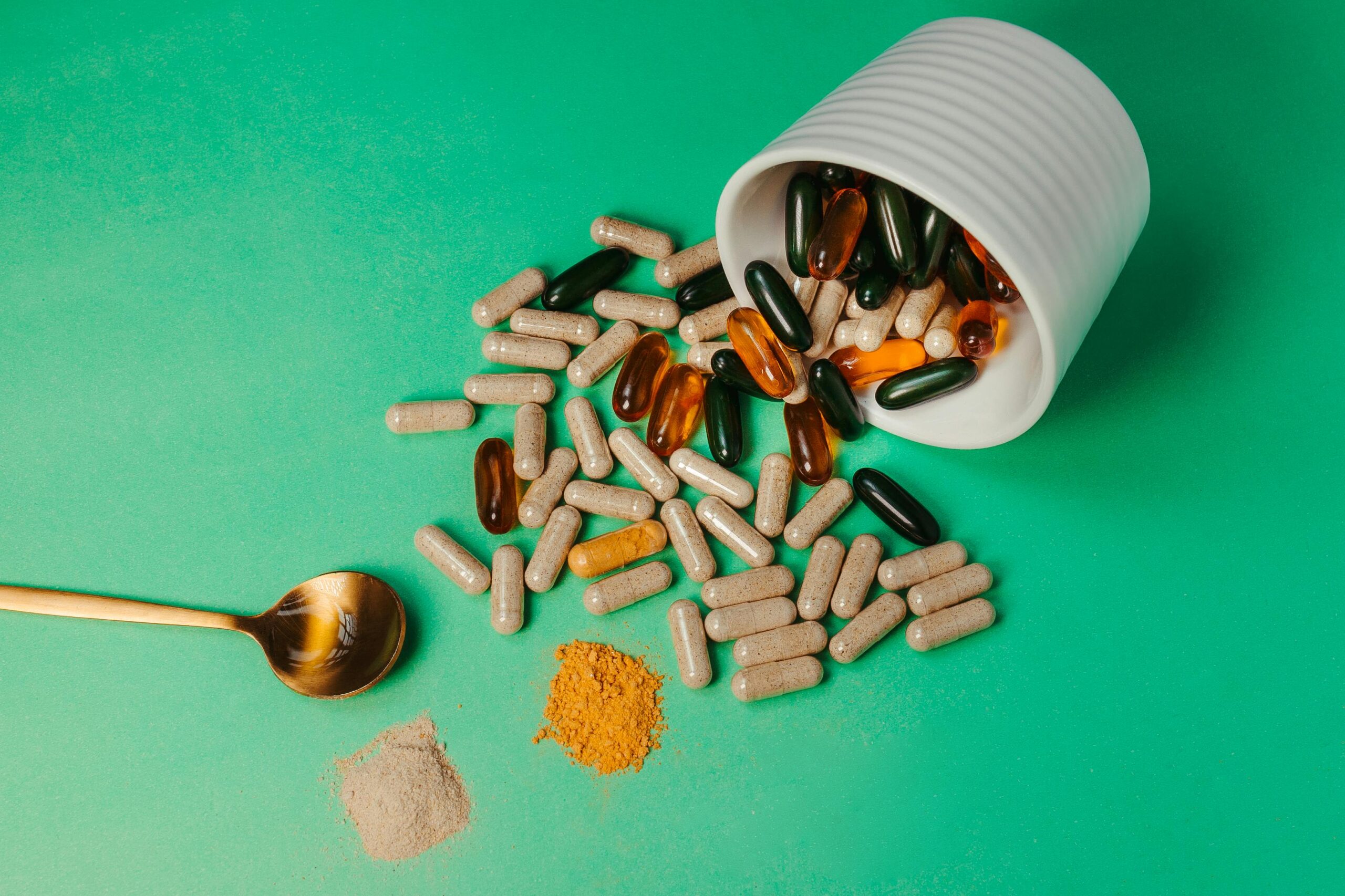PMS (premenstrual syndrome) These are symptoms that occur days before your menstruation. It starts 13-14 days before your period and lasts around a week following your period. It might affect your emotions and health. There can be behavioral, mood, and health issues too.
What are the causes of PMS?
It is seen in many types of research that the sex hormones produced in your body during the cycle of your period, your estrogen rises and progesterone, other than that serotonin levels rise.
(Serotonin is such a chemical that is present in the brain) Due to the changes in all these hormones, you will experience symptoms of PMS.
In PMS, your mood can be affected; you can experience irritability, headaches, fatigue, tiredness and nausea, vomiting or abdominal bloating, abdominal pains, food cravings, especially eating sweets a lot. You can also experience breast tenderness, anxiety, and depression.
There are also some risk factors. If present, those people will experience these symptoms more severely than others. What are those If a patient has a family history of severe PMS, meaning she has a mother, sisters, cousins, or aunts who have specific symptoms of PMS? It is a chance that the patient will experience such symptoms as well.
The next factor is a family history of depression, or the patient is suffering from depression. Such people suffer more from symptoms of PMS; if someone is a drug addict, they too tend to have harsher symptoms of PMS.
Now, when should you visit your doctor? Suppose you feel like you have such symptoms that you experience at the same time every month, for example, severe tummy ache or a very low mood or depression and other such symptoms that you experience severely. In that case, you should visit your doctor or feel that your daily routine or work is affected a lot due to these symptoms of PMS.
Now, what will the doctor do when you approach them? Your doctor will take your complete history along with your family history, and you will be thoroughly examined. You might undergo some tests, of which some tests might be of hormones like estrogen-progesterone levels can be checked, including thyroid hormones.
Whatever the doctor feels necessary, those tests will be advised after that. What happens mostly is that you are given a diary in which you have to write monthly about which symptoms you faced appeared. You are told to maintain that diary for about 3-4 months and revisit your doctor, so they can assess which symptom is occurring.
You should know that Premenstrual syndrome cannot be cured. You can only reduce the severity of the symptoms that appear for you.
How can that be done? You have to keep your diet healthy, use more fruits and vegetables, use whole grains, reduce sugar and salt intake, and take fewer carbohydrates. You can also add some supplements like calcium, magnesium, vitamin B-6, and folic acid. These, too, help curb the symptoms of PMS; make sure you have a full sleep of at least 8 hours daily.
Since many girls spend late nights using mobiles or working. You have to try to look after your sleep, and you can add some exercise to your daily routine walk or do any other activity of your liking for at least 30 minutes to 1 hour.
Another advantage of exercise will be that your stress levels will remain low. Moreover, if you are experiencing a lot of pain in your abdominal area, you can use pain killers prescribed by your doctor.
In addition, premenstrual syndrome is a genuine, menstruation-related health concern that may have been around as long as the first woman menstruated. Some experts believe premenstrual syndrome is a direct result of hormonal imbalance.
Check out our Bioidentical Hormone Replacement Therapy. This solution addresses the root cause of premenstrual syndrome rather than simply treating symptoms like most over-the-counter products and medications do. One of our goals is to re-establish hormonal imbalance.
Click on the following link for further information: https://theremedypharm.com/female-hormones/
Original Source: https://youtu.be/QNFaV9Sun3U




